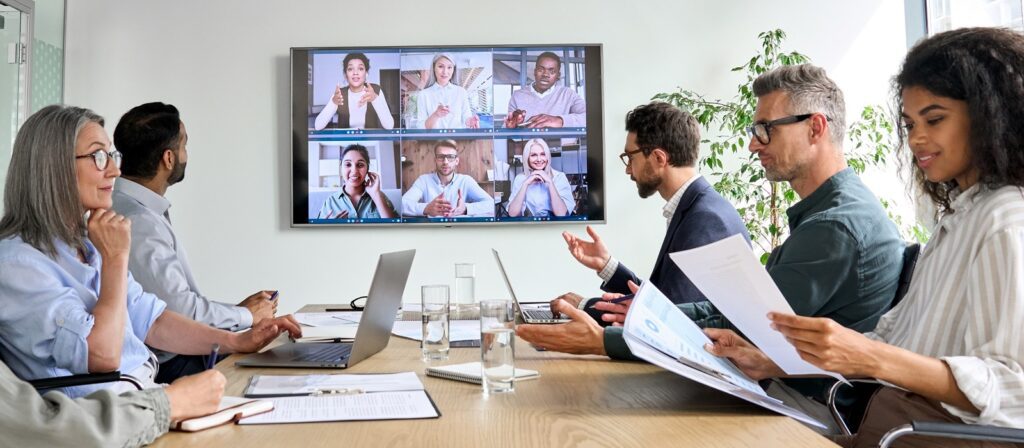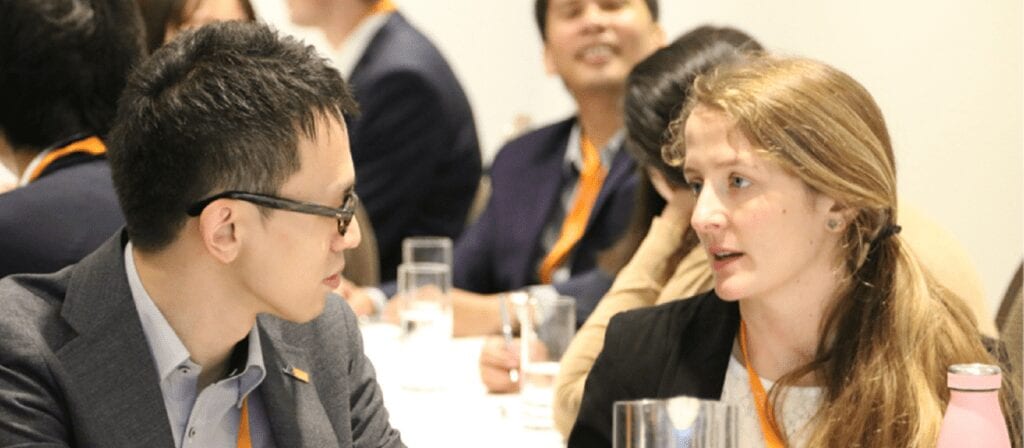New world of working
The COVID-19 pandemic has changed the way we work. Pre-pandemic, working from home was just a privilege to some. In a matter of days, as lockdowns came into force at the start of 2020, most employees around the world had to shift to a work-from-home set up – even when they were not ready. As we emerge from the pandemic, home working or hybrid working is now commonplace at companies around the world. Because of this, organisations have implemented new HR policies and guidelines around remote/hybrid working; and leaders have needed to adapt on how to manage and engage their remote teams to ensure continued productivity.
Whilst no strict lockdowns were enforced in Japan, much stricter rules were put in place across New Zealand and the Philippines, where working from home (where roles allowed) was generally implemented. During this period, maintaining high levels of communication was key to maintaining productivity. Despite perceptions of home working pre-pandemic, this did not impede any business progression or output.
Three key points were suggested to effectively manage a remote workforce:
- Trust supported by clear expectations of employees. Belief in your employees will lead to self-motivation.
- Ensure a sense of belonging by celebrating milestones (eg birthdays), maintaining strong levels of group work and enforcing regular check-ins.
- Lead with empathy and active listening skills.
The resilience of the workforce has been one to be admired over the last few years. Whilst the lines between a work/life balance have become blurred, the preferences of where to work varied. The preferences of working from home vs working from the office was 50/50 during the pandemic. Looking to the future, the majority preferred a hybrid or flexible work approach in which they could choose where to work from and when.
One issue with remote working is a potential hinderance on the progression of young(er) employees. With less (in-person) facetime with senior managers and executives, and fewer in-formal, ad-hoc interactions, this could pose a real difficulty for junior employees to be recognised and make a name for themselves, leading to career progression through promotions or more responsibility.
Managing relationships through digital channels
COVID-19 was undoubtably a very difficult time to maintain employee/customer relationships: but these were kept strong through the use of digital channels, such as Teams and Zoom. Team and client meeting were done online and webinars allowed the continuous sharing of knowledge, experience and improvement techniques.
Developing an online platform at FMG resulted in speeding up their claims service and managing data more efficiently. This resulted in less time being spent doing admin and thus allowed for more personal interactions through one-on-one calls. It also resulted in 60 new employees being hired for digital and IT roles – a great way to further serve and build a stronger relationship with its clients and the community.
Becoming more customer-centric to serve a multi-generational customer base
Putting the customer at the centre of every decision is something that mutuals and coops have been doing for years; but as companies grow, this can be lost. Customising products and plans to suit the needs of clients is key to ensure “your growth is their growth”.
Expanding businesses should be beneficial for the business and clients alike. For example not only provide coverage, but also provide protection, prevention and complimentary services.
A very interesting example of the implementation of this approach was presented in the form of an app that gives advice on food and health and provides services such as healthy recipes and e-commerce options for fresh food. Another way to appeal to the multi-generations was providing more avenues that suited different generations needs when it came to managing their insurance: whether this be through the phone, online or face-to-face.
Attracting the younger customer
The ICMIF Young Leaders Programme is great way to understand the needs of the younger customer. Directly marketing to the younger generation and growing your brand into a household name will help with brand recognition.
Offering university scholarships, graduate programmes, supporting local schools, sport clubs and local associations, marketing through social channels and recruiting/attracting young talent are all important methods.
The younger generation seem to be much more conscious about what businesses gives back. In order to appeal to this demographic, a more open and honest approach to what “good our businesses do” should be taken.
Sustainability
If we truly believe in sustainability, all actions taken to embed ESG into our businesses need to be taken. However, this will not stop accusations and attempts of greenwashing, but this is up to the consumers to decide if their efforts are genuine or not.
Deloitte GenZ survey showed that this is the generation most likely to call out a business for not being authentic and “greenwashing”.
An advantage that mutual and cooperatives have is that ESG in their DNA; and they have been acting sustainable and responsible from the day they were founded. We have the authenticity, integrity and history to support our claims of being sustainable.
Speakers
- Jackelyn Ballena, Vice President for Operations – Life Division, 1CISP (Philippines) and Chair of the ICMIF Young Leaders Forum (YLF)
- Satoshi Hase, Assistant Manager, Office of Business Collaboration and SDGs Promotion, Corporate Planning Department, Zenkyoren (Japan)
- Emma Rowe, Sustainability and Communications Advisor, FMG (New Zealand)
- Ben Telfer, VP Business Intelligence and ICMIF Young Leader co-ordinator, ICMIF, moderator





